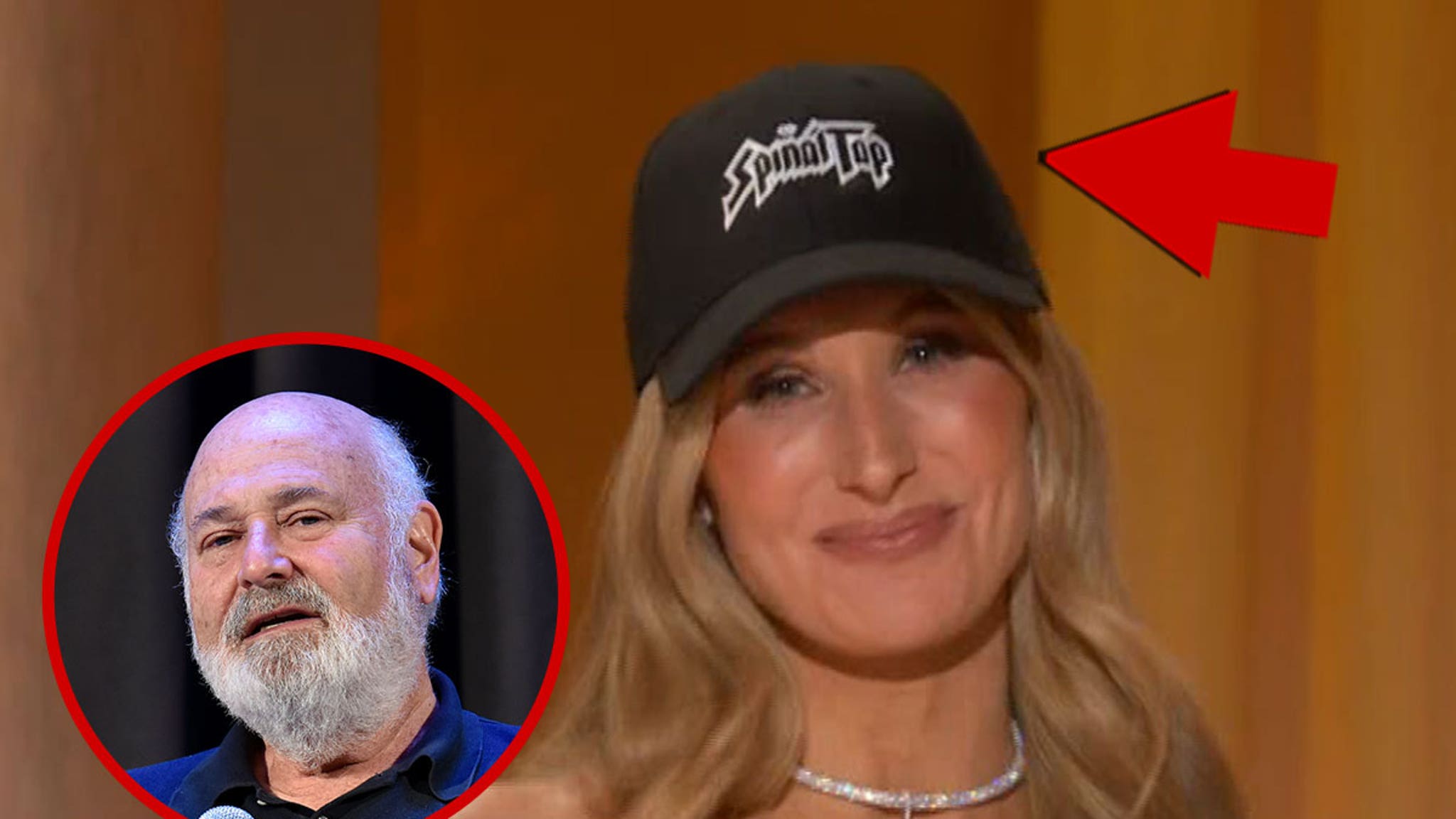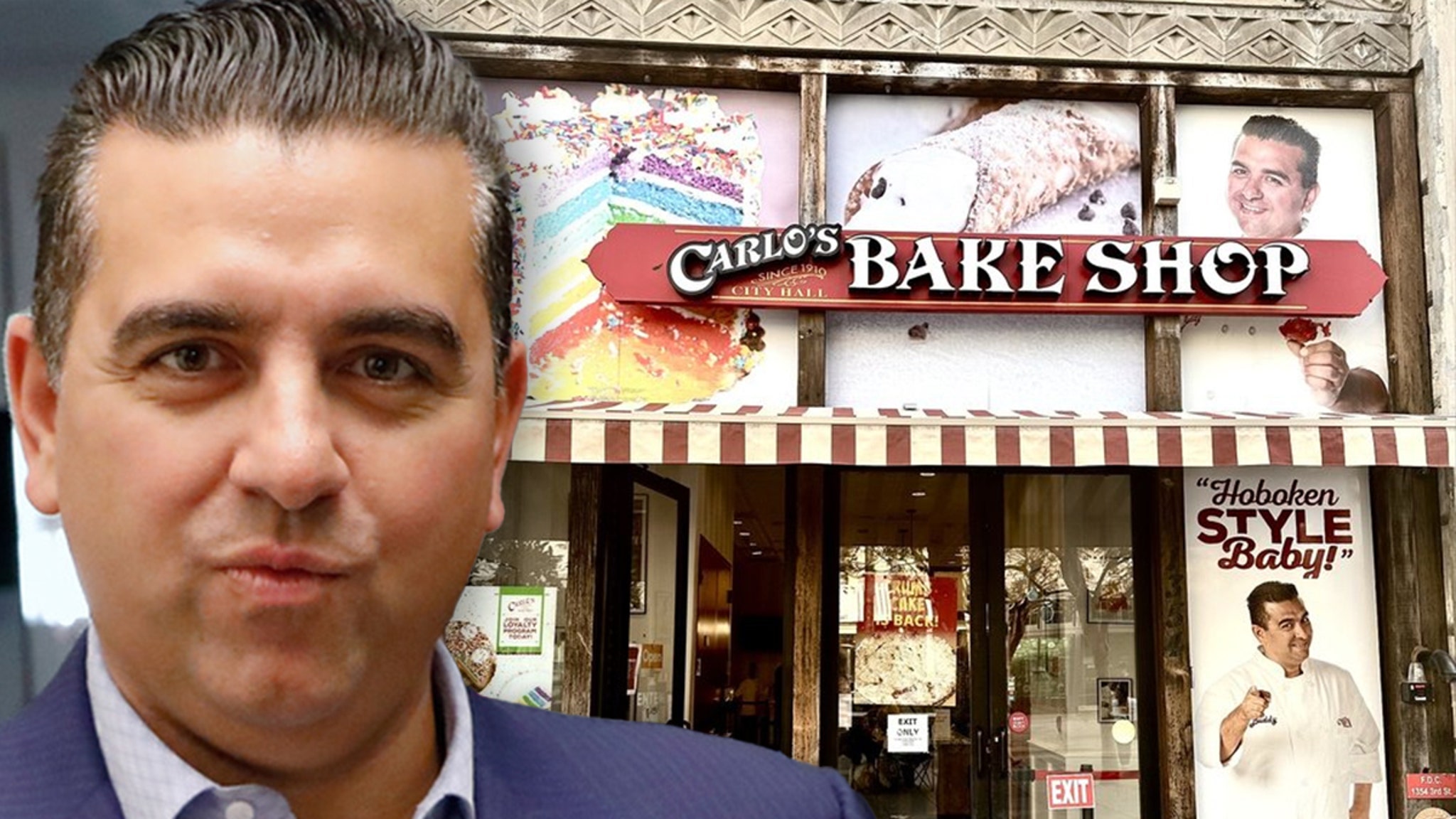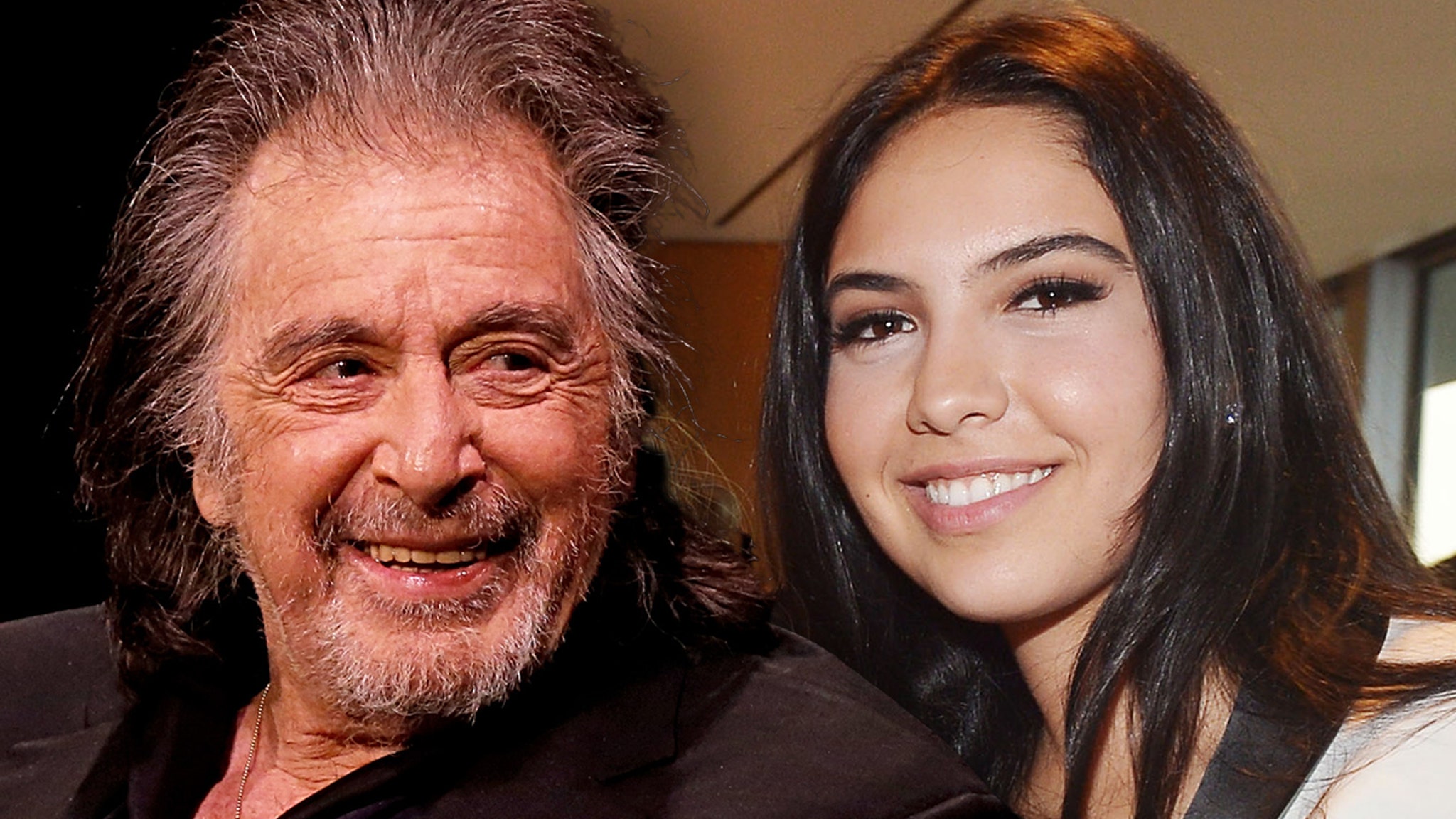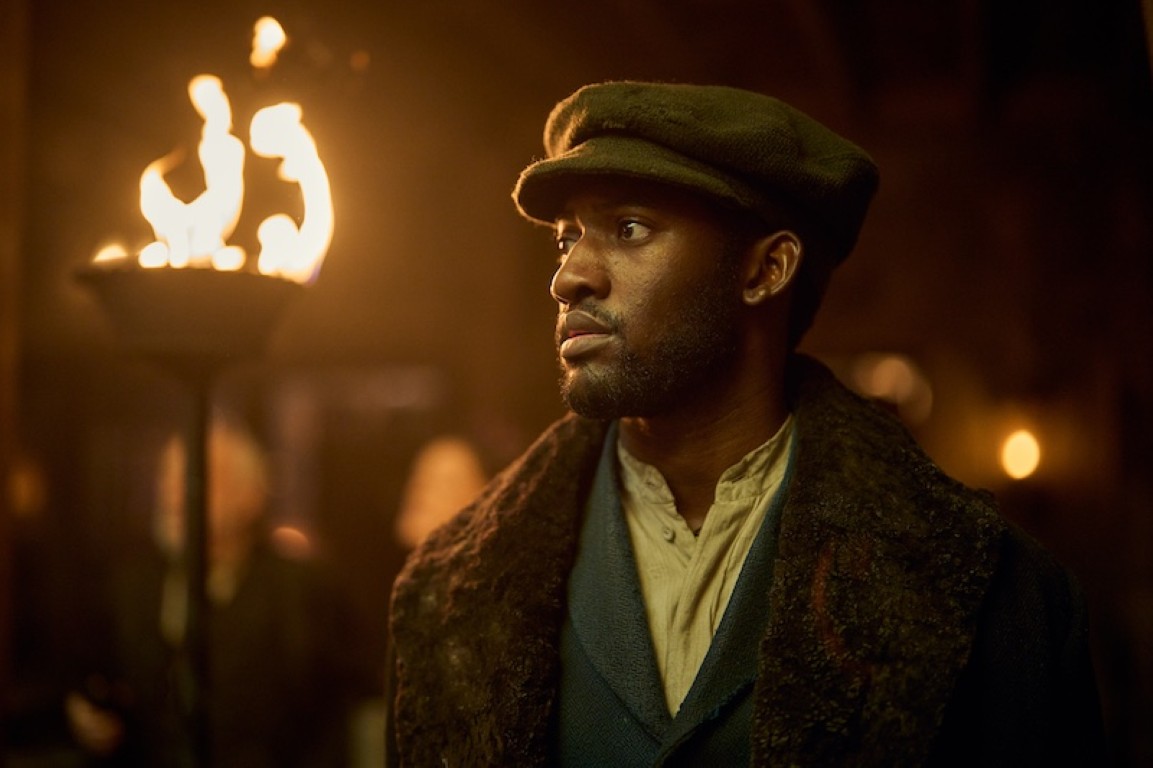Singer Gloria Estefan discussed her practice of self-care, which includes therapy and meditation. (Photo: Paul Archuleta/Getty Images)
Gloria Estefan has always been known for her strength. But it was the death of her mother that finally got the eight-time Grammy winner to accept professional help.
Following her mother Gloria Fajardo’s passing in 2017, Estefan found herself struggling emotionally. While she had gone through several traumatic things in her life, ranging from a horrific 1990 bus accident that left her with a broken back to childhood sexual abuse, it was only after her mother’s death that she realized how important it was to deal with her mental health.
“I understood therapy and I knew the value of it. Despite the fact that I went through very difficult things in my life, I didn’t feel I needed therapy at the time,” Estefan said at the 2023 Simmons Leadership Conference in Boston on Tuesday. “I needed it after I lost my mom.”
Estefan went on to say that she has “really worked in the last few years” to find peace, and hopes to create a dialogue about working on one’s mental health — particularly for young people.
“I think it is very important nowadays, as I see anxiety growing in our youth, that we focus on our mental health because there’s a lot of information, a lot of negativity, a lot of difficult things. We have to learn to tune it out,” she added.
In addition to therapy, Estefan credits a meditation practice (“It’s helpful to me, because it quiets those voices that we all are hearing constantly”) and the willingness to disconnect from the news when she gets overwhelmed. “I focus on the things that fulfill me: my family, my grandsonm— he’s 10 years old and is the light of my life and spending time with him is the most incredible thing for me. So I put the phone away,” said Estefan.
In addition to her more recent challenges, Estefan, who became the first Hispanic woman to be inducted into the Songwriters Hall of Fame back in January, explained that it was the 1990 bus crash that made her rise up and find power within herself. With a severely broken back, doctors doubted that she would ever walk again.
Story continues
“One more millimeter and my cord would have been severed,” shared Estefan, who had “to grieve my body that was no longer there.” She sunk into a deep depression when she realized she couldn’t walk up a step by herself.
“I couldn’t turn over, I couldn’t sit up. I couldn’t be by myself,” said Estefan, who gave herself about 10 days to cry. “And then I said, ‘You know what? OK, that’s enough. I’ve given myself enough of a pity party. What do I need to do?'”
Every morning, Estefan talked herself into getting out of bed, and focused on setting little goals on a daily basis.
“Today, I’m going to walk to the door. Then I’m going to walk out to the hallway. Then I’ll walk outside my house eventually, I’ll get down the driveway or go around,” she told herself. She spent the first three months floating in the pool, since she couldn’t do much else. Eventually, she was doing six to seven hours a day of rehabilitation, and was able to resume her music career. These days, she calls herself “titanium reinforced” because of the 8-inch rods fused to the sides of her spine.
Ultimately, Estefan says it’s her family who keeps her grounded these days. But when it comes to keeping her head on straight, Estefan says making sure her ego is in check is one of the most important lessons.
“Sometimes ego gets in the way of people’s climb. Ego is a waste of time, ladies,” she noted. “There really is no room for it. But if we always come from a place of strength, kindness, openness and inclusion — it’s a much better way to lead.”
You can view the original article HERE.



































